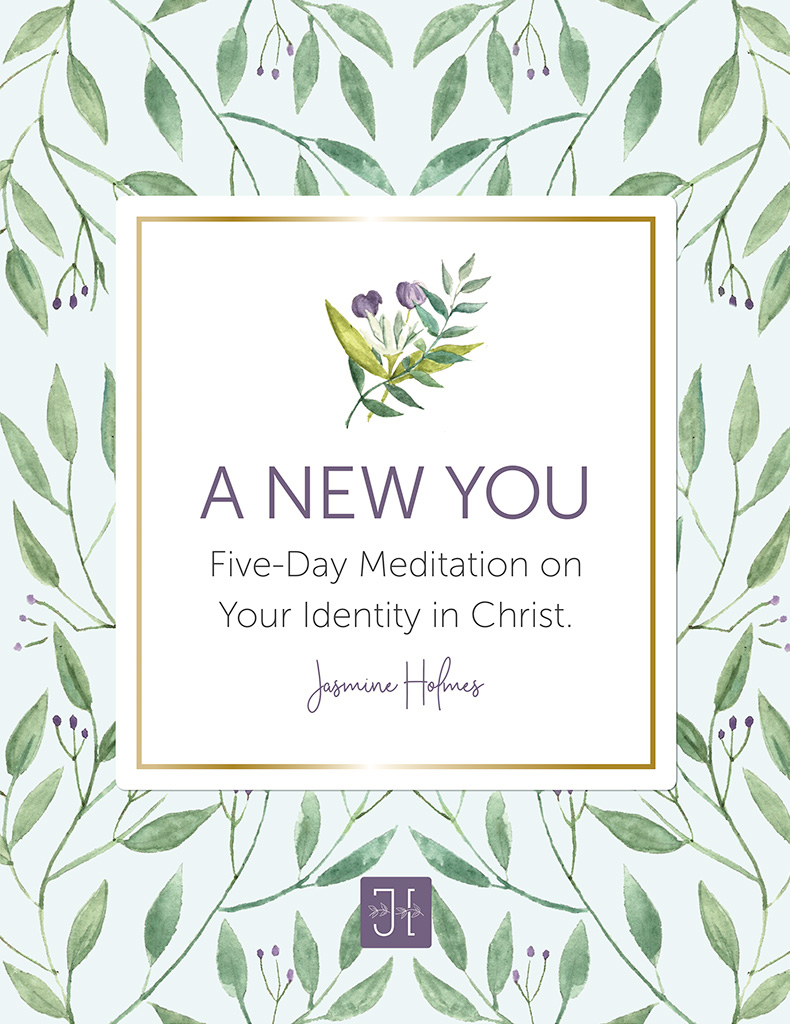A few days ago, I rattled off a tweet:
Someday, we'll stop getting our definition of "biblical womanhood" from worn out Victorian and 1950's stereotypes.
Right? Please say yes.
— Jasmine Holmes (@JasmineLHolmes) July 28, 2017
I packed pages’ worth of frustration into one hundred and forty characters. I got responses from complementarians and egalitarians, feminists and anti-feminists, men and women alike. Most were also annoyed with played-out womanhood stereotypes for their own reasons. They each came to my 140 character tweet with their ideological baggage and filled in the 140,000-word blanks with some telling assumptions — some of which were correct.
The best assumption, though (“best” in terms of amusement), was the accusation of “radical feminism” from a very concerned reader.
The issue I have with connecting biblical womanhood to age-old historical stereotypes is the same one I have with throwing around labels like “radical” every time we disagree with someone on the internet.
Labeling Friends and Libeling Enemies
Often, labels are our bread and butter. They cut out the need for intelligent conversation and cut to the ideological chase.
And how better for me to participate in this labeling frenzy than to continue pumping out fodder in the form of tweets, status updates, and 800-word blog posts?
Part of being a writer in our day involves navigating the blogosphere, the Twitterverse, and Facebook land. Sometimes I love it, and sometimes I hate it.
I love it when a tweet or an article is the gateway to that thing that C.S. Lewis articulated when he said:
“Friendship is born at that moment when one person says to another: ‘What! You too? I thought I was the only one!”
I hate it when a tweet or article is the gateway to the antithesis of what C.S. Lewis was talking about, where “What! You too?” is uttered with an exasperated eye-roll and a grimace. Not again!
Beyond The Snapshot
Being a writer in the twenty-first century (and being a Christian simultaneously) requires putting our online personas and impressions in proper focus.
You cannot learn a person’s entire story from one tweet. You can’t even learn it from one blog posts.
Social media provides us dangerously deceptive snapshots of people’s lives and ideologies. For the onlooker, it presents an opportunity to whip out the labels and marginalize thoughts with gusto. For the participator, it offers an opportunity to prioritize the opinions of onlookers right alongside the views of those in our communities.
However, first and foremost (for both spectators and participators), we have a responsibility to the people in our communities. Those we can converse with, observe and learn. Lives we can touch and be part of.
I’ve said before that my dad’s fans rank far down the list of people whose opinions matter. And, honestly, the same should be true of us and our social media followers. They are on the list because they are human beings made in the image of God. We care about them! But they should be a ways down the list, after people who are actively invested in our lives (and vice versa).
Stereotypical Womanhood
So, what does this have to do with my tweet?
Biblical womanhood is a topic that we’ve diluted into a few Bible verses, a couple of pet peeves, and a world of stereotypes mined from dangerously deceptive snapshots of history.
For instance, when we think of Victorian womanhood, we aren’t usually talking about the thousands of working class women who occupied factories during the Industrial Revolution or emptied chamber pots in other women’s homes.
When we think of the 1950’s stay-at-home mom, we aren’t usually talking about my relatives in the 1950’s, who were working as maids for upper-class white women and riding home on the back of the bus.
To say nothing of the faulty ideologies about women that were circulating during both of these periods, and still crop up today. (We’ve talked about the “women as the gatekeepers of virtue” one).
If our ideology of womanhood doesn’t work for the upper-class woman and her maid; for tea-time in the parlor, and for break-time in the factory, then perhaps they are based our cultural assumptions. If our ideologies are more influenced by the cultural assumptions of yesteryear than by Scriptural assumptions, we have a problem.
If our biblical womanhood label is based on a few snapshots of history and not a robust biblical understanding, it might be faulty.
The Part Where I Give A Caveat
Now. This is not a battle about working moms versus their stay-at-home counterparts. It’s not a statement of “chronological snobbery” (thanks again, C.S. Lewis), claiming that we have a much better handle on womanhood now than we ever did before. It’s not a spurning up the upper-class women of yesteryear. It’s not a substitute for rigorous historical research, or a full historical picture (I have barely scratched the surface). It’s not even an indictment of Industrial, Victorian, or postwar America.
It’s simply a reminder to base our understanding of meritorious womanhood on the Gospel that applies to actual women, across generations, and in our communities, instead of on flat ideas that don’t minister to the unique concerns of women in real time. Victorian women needed Jesus, just like modern women need Jesus.
First, love the women in your communities. Listen to them. Learn them. Minister to them. And call them to biblical standards absolutely and unapologetically; just make sure that they’re biblical and not (an incomplete or overly optimistic version of) historical or cultural.
And, second, love the writers in the Twitterverse. Take their tiny snapshots with a grain of salt. Because they only matter if they’re equipping you to do the first thing better.
Further Reading:
Total Truth (a favorite; skip to Chapter 12 for this topic)
No Little Women (currently reading)
Is The Bible Good For Women? (next on my list)
